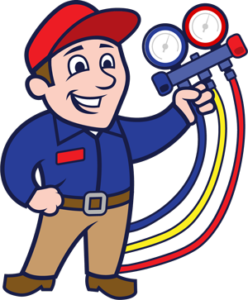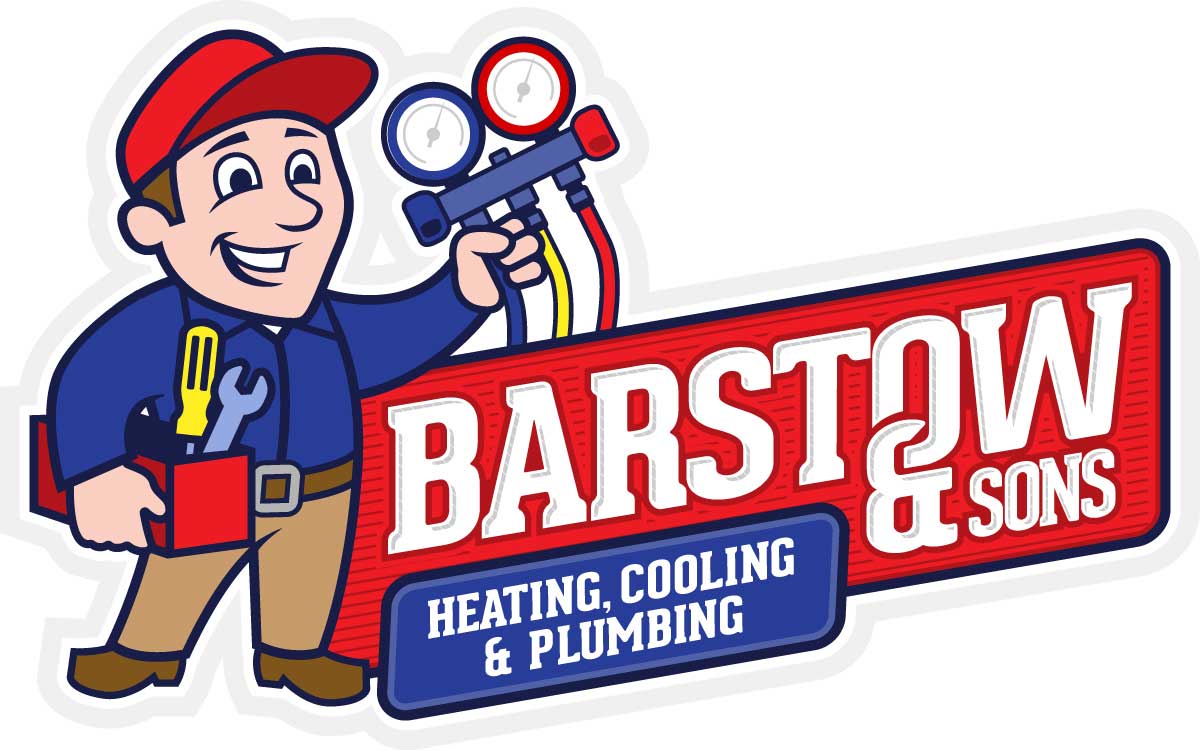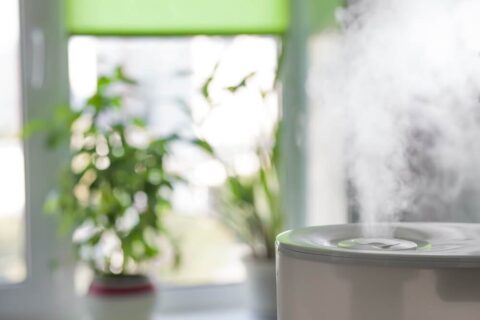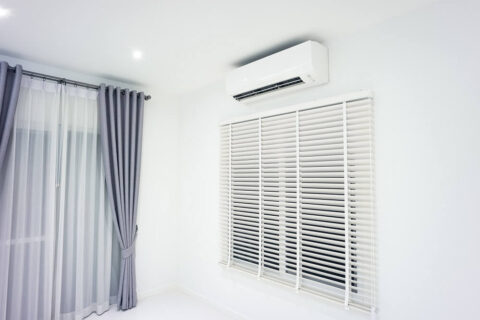Too Much Home Humidity Makes Us All Feel a Little Gross
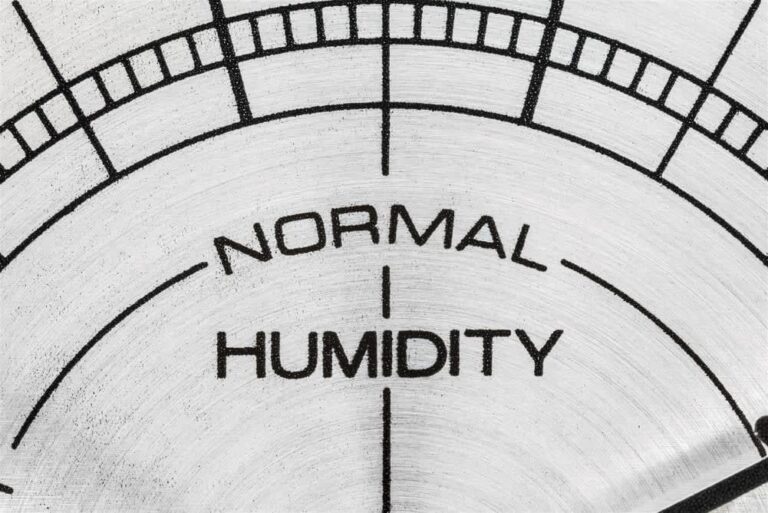
Excess humidity in your home can promote mold and mildew growth and make staying indoors uncomfortable, making managing humidity levels an important task for homeowners. There are different ways homeowners can reduce humidity levels in their homes, including hiring an air conditioner repair service to upgrade or maintain their HVAC unit to limit moisture.
We’ve all been in homes that are too humid. The air smells musty. Your skin feels clammy, and your scalp may itch. Your clothes may also stick to your body. Too much indoor humidity isn’t just a comfort issue, however. Spending time in too-humid indoor environments can also have a negative impact on your health and cause structural damage to your home.
Humid homes create an environment where mildew and mold can thrive. Mold and mildew growth in homes have been linked to many illnesses. According to the Centers for Disease Control, exposure to indoor mold has been linked to upper respiratory tract infections, coughing, wheezing, asthma, and other illnesses. Studies are also ongoing to determine whether a link exists between exposure to indoor mold and symptoms such as memory loss and lethargy.
Excess indoor humidity can also cause damage to your home. Humidity can severely damage woodwork inside your home, such as steps, stairs, and even beams. Prolonged exposure to excess humidity will cause wood to weaken and warp. Stairs that sag or floorboards that creak are examples of woodwork damaged by humidity. Humidity can also cause paint and wallpaper to peel and can cause wet stains on your walls. Too much humidity can also run up your electrical bills by making your air conditioner work harder to effectively cool your home.
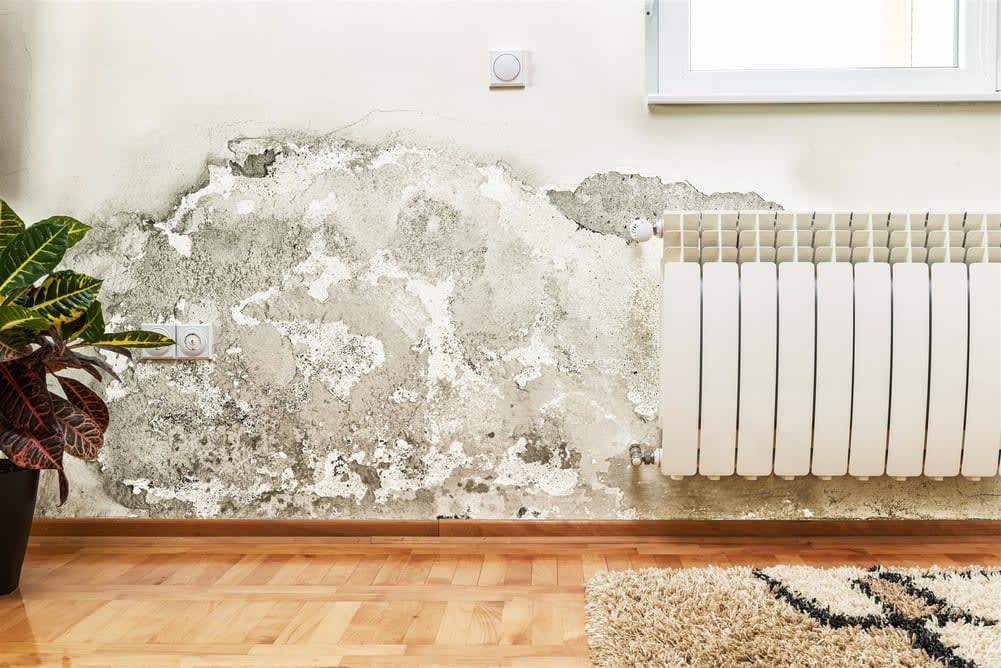
You can monitor the humidity in your home with a device called a hygrometer. Experts advise that the ideal level for indoor humidity is around 40 to 50 percent. In the winter months, it’s okay to let humidity levels dip below 40 percent to prevent condensation on your windows.
Remediating mold or repairing structural damage caused by excess humidity can be quite costly. For example, the average cost of just inspecting your home for mold runs between $600 and $6,000. Limiting humidity in your home is more cost-effective and will prevent you from having unexpected bills related to mold, moisture damage, or related problems.
Servicing or Upgrading Your HVAC Unit
One of the most effective means of reducing humidity levels in your home is by replacing obsolete HVAC units or having your unit serviced. While HVAC systems’ primary purpose is not dehumidification, these devices can lower humidity levels in a home.
In particularly humid climates, homeowners can install dehumidifying heat pipes on their HVAC unit to reduce indoor humidity. Dehumidifying heat pipes resemble a pair of heat exchangers and are installed on either side of your HVAC unit’s evaporator coil. HVAC units equipped with dehumidifying heat pumps can extract 91 percent more water vapor than regular HVAC units can, significantly reducing indoor humidity.
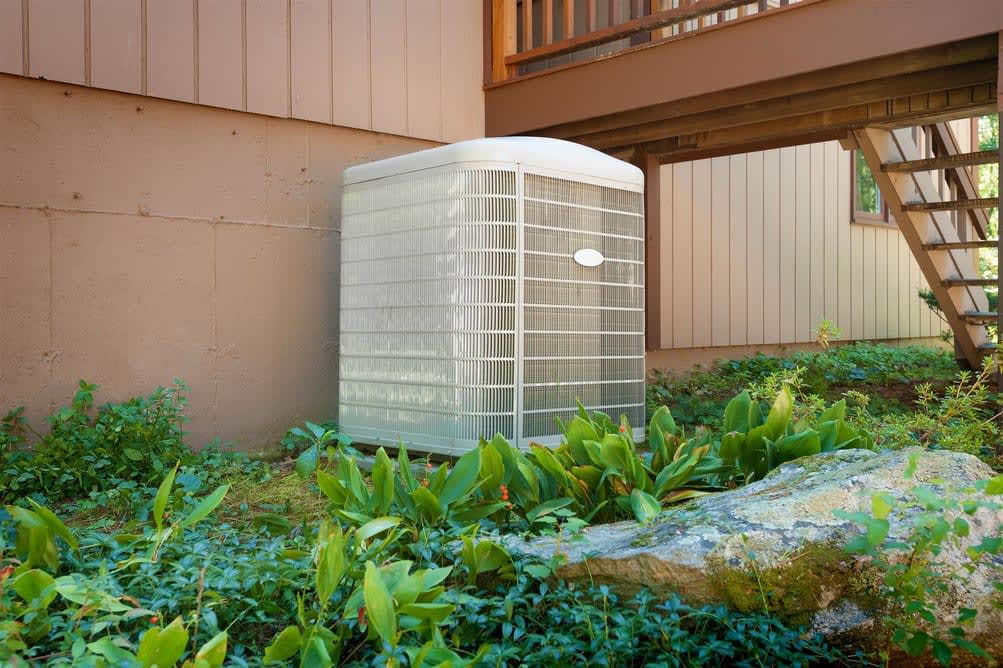
HVAC systems that are too large for the home they are cooling can contribute to excess indoor humidity. Replacing inappropriately sized units with the right system or reconfiguring ductwork to better accommodate the system can result in better dehumidification.
Air conditioner repair companies can also check that systems’ condensate capture and draining systems are working properly, as faulty condensate capture and draining systems contribute to excess humidity indoors.
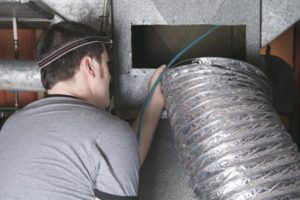
Reducing Humidity Levels
HVAC repair and replacement isn’t your only option to reduce humidity levels in your home. There are many other changes large and small you can do to eliminate excess moisture inside your residence:
- Installing ventilation fans to port moist air outside can help you reduce humidity in your home. Install ventilation fans in parts of the home that create moisture, such as your kitchen and bathroom. Be sure to turn the fans on when you’re engaged in activities that create moisture, such as cooking or showering. Leave the fans on, after you’re finished, to vent the excess moisture outside your home.
- If you’re unable to install fans, opening a window in the bathroom or kitchen while you’re showering or cooking can also help vent moist air outside.
- Taking colder, shorter showers can also help reduce excess moisture in your home. Using a low-flow showerhead will also reduce the amount of water used when you take a shower.

- Use dehumidifiers in your home to reduce excess moisture. Dehumidifiers come in several varieties. Desiccant dehumidifiers use substances that absorb moisture, such as the packets of silica gel packaged with electronics to prevent excess humidity in the packaging.
- Mechanical dehumidifiers are similar to refrigerators and HVAC units in that they use coils and condensers. Air moves past a coil, which condenses airborne moisture. This moisture is then transferred into a water tank. Peltier dehumidifiers use the thermoelectric effect to reduce the humidity level in your home.
- Where you place dehumidifiers is important. Be sure to place your dehumidifier where it can do the best, such as the basement or another area of the house prone to humidity.
- Windows can be a huge source of moisture in your home. Retrofitting your windows with storm windows or adding plastic film to your windows can help, as can weatherstripping and caulking your windows.
- Carpet can retain moisture, increasing the indoor humidity in your home. Replacing old carpet with new or tearing out the carpet and installing tile or wood flooring can reduce moisture in your home.
- Waterproofing concrete basement walls with Xypex or Drylock can help reduce moisture in your basement.

- When cooking, cover your food to prevent excess moisture from escaping into the air and increasing humidity levels.
- Adding wrap insulation to your pipes can help prevent excess humidity in crawl spaces under your house.
- Make sure your dryer is properly vented to outside your home. Improperly vented dryers can be a major source of humidity inside your home.
- Improving the draining outside your home can help prevent excess moisture in your basement. Make sure that soil slopes away from the foundation of your home. Also, make sure that the downspouts from your gutters empty a sufficient distance away from your home. Be sure not to overwater flowers or shrubs planted near your home’s foundation.
- Reducing the number of houseplants in your home may also help to reduce humidity. Houseplants release more moisture into the air than they absorb, so having a large number of them inside your home will only increase humidity levels. By reducing your number of houseplants, temporarily placing some of them outside, or by placing them all in a single room, you can reduce humidity levels in your home.
When you reduce the humidity levels in your home, you’ll notice an almost immediate improvement. You’ll no longer have that clammy feeling, and the air in your home will seem crisper and clearer. In the long run, the time you invested in reducing humidity will save you money, as you will enjoy better health, and your home will experience fewer problems.
Barstow & Sons is a family-owned air conditioner repair and maintenance company serving the greater Annapolis, MD area. With more than 30 years in the business, Barstow & Sons has the training and experience needed to handle any job, large or small.
Open 24 hours a day, the company specializes in Lennox products but can capably install and service nearly all HVAC products. Contact Barstow & Sons today to learn more about how the company can reduce excess humidity in your home or handle your other HVAC installation, repair, and replacement needs.
